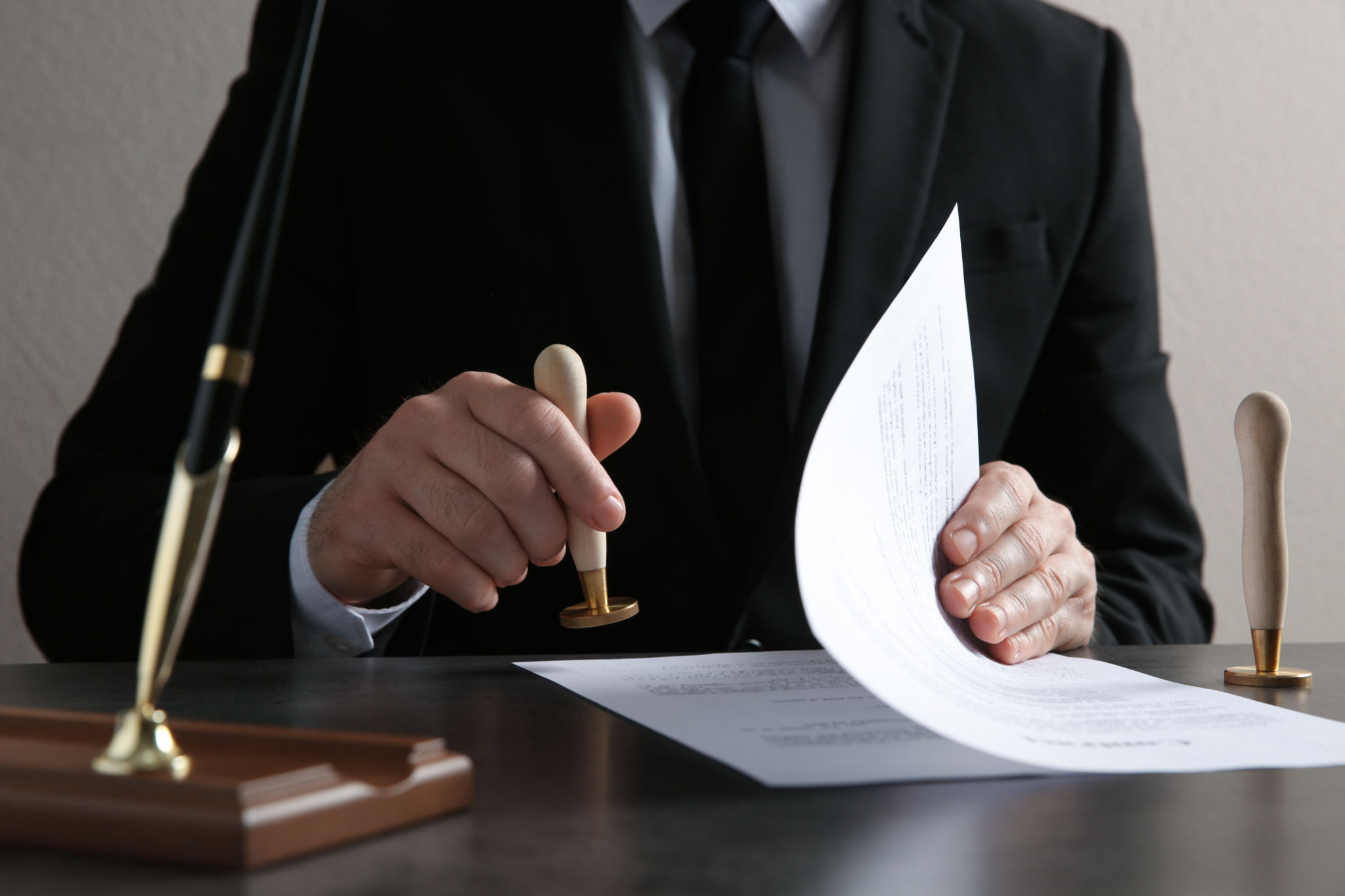How to Prepare for a Notarization Appointment: A Step-by-Step Guide
Understanding the Importance of Notarization
Notarization is a critical process that ensures the authenticity and legality of documents. It provides a level of trust and security, which is essential for legal, financial, and personal transactions. Whether you're signing a contract, transferring property, or establishing a power of attorney, understanding how to prepare for a notarization appointment is crucial.
Before heading to your appointment, it's important to know what notarization entails. A notary public serves as an impartial witness to the signing of documents, verifying the identity of the signers and ensuring that they are entering into agreements willingly and knowingly. This process helps prevent fraud and ensures compliance with legal standards.

Gathering Required Documents
The first step in preparing for a notarization appointment is to gather all necessary documents. Depending on the type of transaction, the required documents may vary. Here’s a general list of items you might need:
- Identification documents: A government-issued ID such as a passport or driver’s license.
- The document(s) that need notarization.
- Any additional paperwork related to the transaction.
Ensure that all documents are complete and have no blank spaces that are not intended to be filled in later. Incomplete documents may result in delays or the inability to proceed with notarization.
Choosing the Right Notary Public
Selecting a reliable notary public is essential for a smooth notarization process. Look for certified professionals with good reviews or recommendations. Many banks, law offices, and shipping stores offer notarization services, so explore your options to find one that fits your needs.

It’s also important to confirm the notary's credentials and ensure they are authorized to notarize documents in your jurisdiction. Some notaries specialize in certain types of documents, such as real estate or legal forms, so choose one with relevant expertise if necessary.
Scheduling Your Appointment
Once you have identified a suitable notary, schedule an appointment at a convenient time. Many notaries accommodate walk-ins, but scheduling ensures you won't face long wait times. Confirm what forms of payment are accepted and any fees associated with the service.
Preparing for the Appointment
On the day of your appointment, double-check that you have all necessary documents and identification. Arrive on time to avoid any inconvenience. Keep in mind that all signers must be present for the notarization process, and everyone involved should have proper identification.

During the appointment, the notary will ask you to provide identification and may inquire about your understanding of the document's content. Be prepared to answer any questions and provide additional information if requested.
Post-Notarization Steps
After your document is notarized, there may be additional steps required to complete your transaction. Ensure you follow up on any subsequent actions, such as filing the document with appropriate authorities or delivering it to the relevant parties.
Keep copies of all notarized documents for your records. These may be needed for future reference or in case any issues arise regarding the transaction.
Conclusion
Preparing for a notarization appointment doesn't have to be daunting. By gathering necessary documents, choosing the right notary, and understanding the process, you can ensure everything goes smoothly. With these steps, you'll be well-equipped to handle your next notarization with confidence.